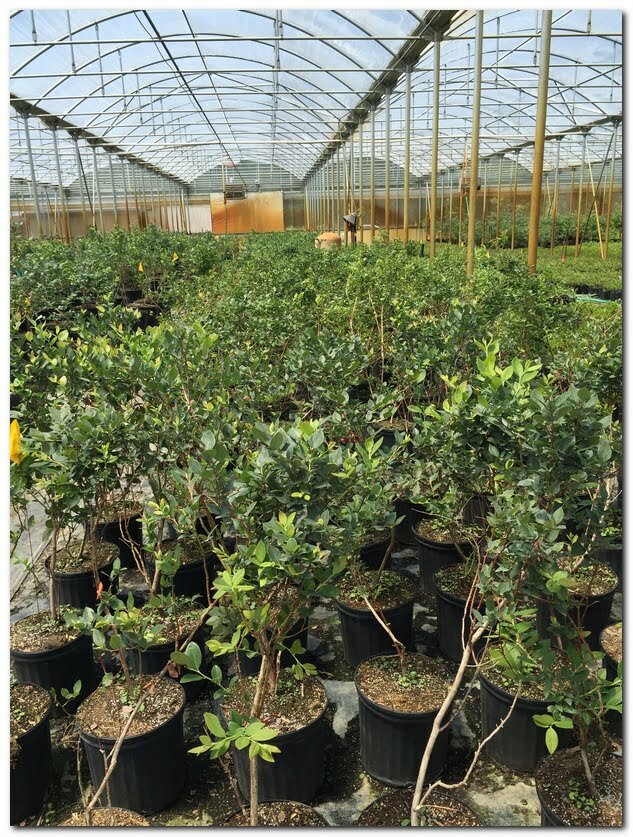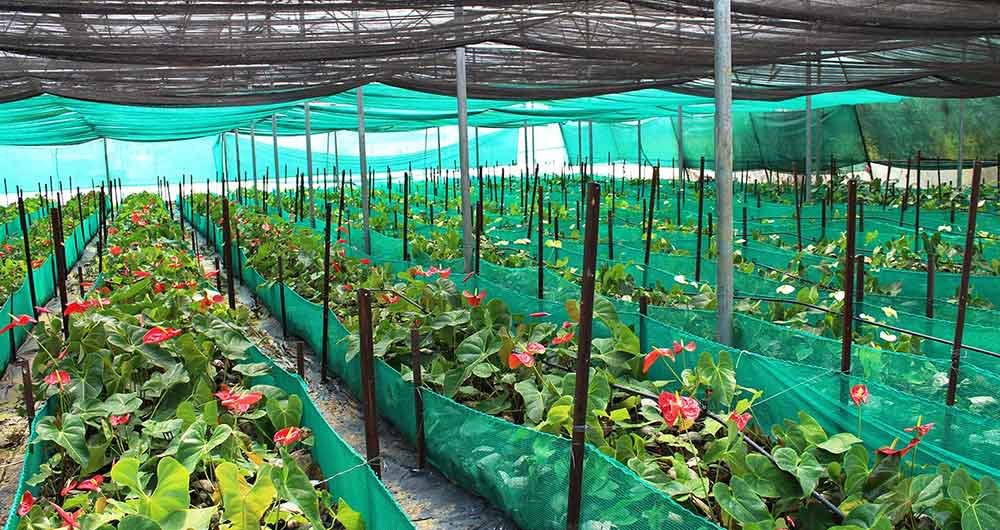The prospect of horticulture in Northeast India is quite promising due to the region’s favorable agro-climatic conditions, rich biodiversity, and availability of suitable land. Horticulture refers to the cultivation of fruits, berries, vegetables, flowers, and ornamental plants, and the region has immense potential for their growth and development.
Northeast India is characterized by a diverse range of climates, including sub-tropical, temperate, and alpine climates. These conditions are suitable for growing a wide variety of horticultural crops. The region experiences high rainfall and has a long growing season, which is advantageous for crop cultivation.

Some of the important horticulture produces from the regions are Pineapples, Betelnut, Banana, Citrus fruits, Kiwi, Ginger, turmeric, and others. Floriculture also is a successful industry in the region. A wide variety of flowers, including orchids, roses, gladioli, and lilies, are grown for both domestic consumption and export purposes. The Northeast region is rich in medicinal plants and herbs. States like Arunachal Pradesh, Meghalaya, and Nagaland have significant cultivation and collection of medicinal plants for their traditional medicinal practices.
The Northeast region is known for its abundant flora and fauna. It is home to a wide variety of indigenous fruits, vegetables, and medicinal plants. This biodiversity can be tapped into for the cultivation of unique and high-value horticultural crops, thereby offering opportunities for both local consumption and commercial trade.

Various state Governments, recognizing the horticultural potential of the Northeast, have undertaken various initiatives to promote and support the sector. These include schemes for infrastructure development, technical assistance, financial aid, and market linkages. These initiatives encourage farmers and entrepreneurs to invest in horticulture and contribute to the region’s economic growth.
Horticulture has the potential to generate employment opportunities in the Northeast region. It can provide income sources for farmers, create jobs in processing and value-addition industries, and promote entrepreneurship in the agricultural sector. This can contribute to reducing the region’s dependence on traditional agriculture and provide avenues for rural development.
Despite the promising prospects, there are some challenges to be addressed, including limited access to technology and infrastructure, inadequate post-harvest management facilities, and lack of marketing networks. However, with concerted efforts from the government, private sector, and farmers, the horticulture sector in Northeast India can flourish, bringing socio-economic benefits and sustainable agricultural practices to the region.

